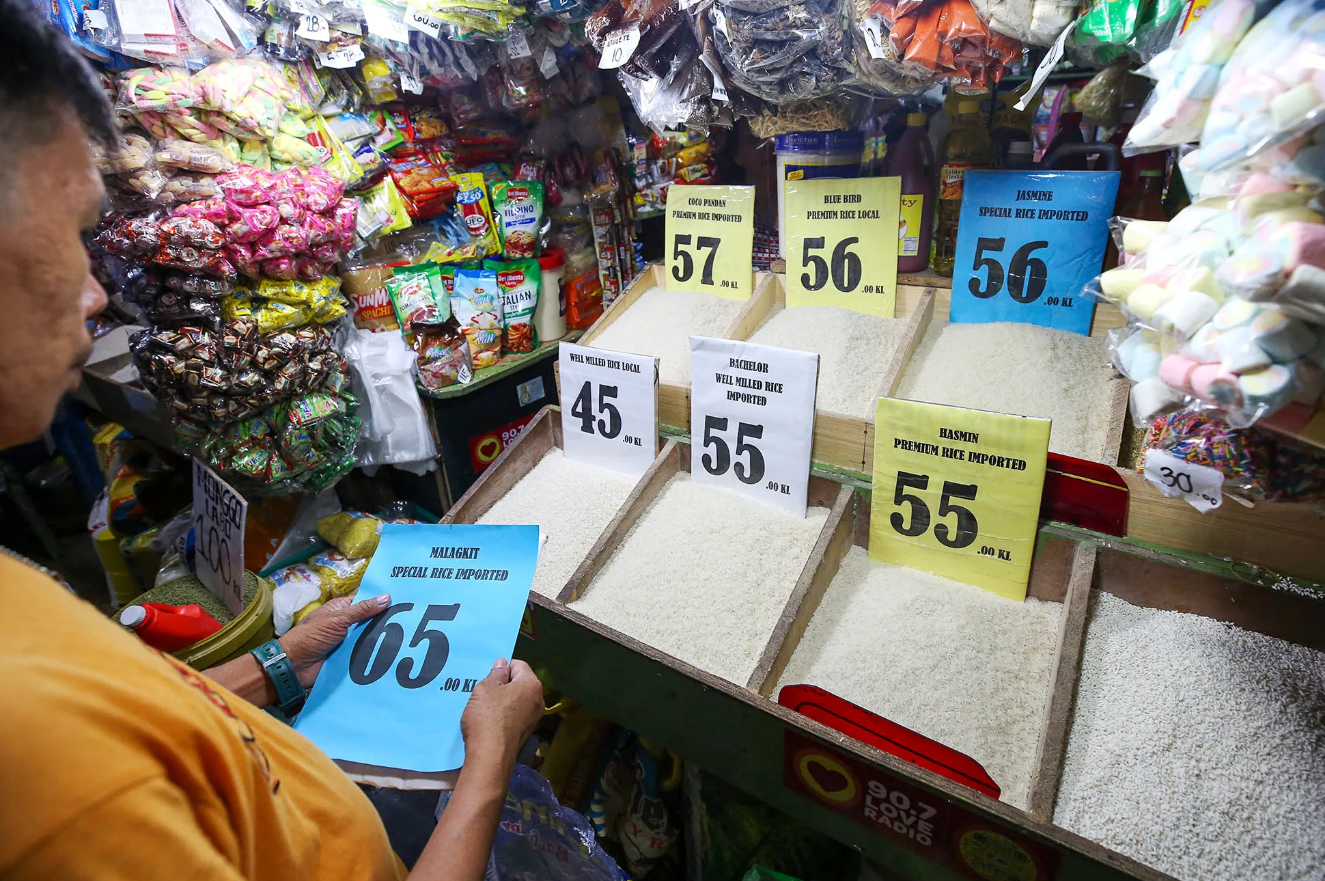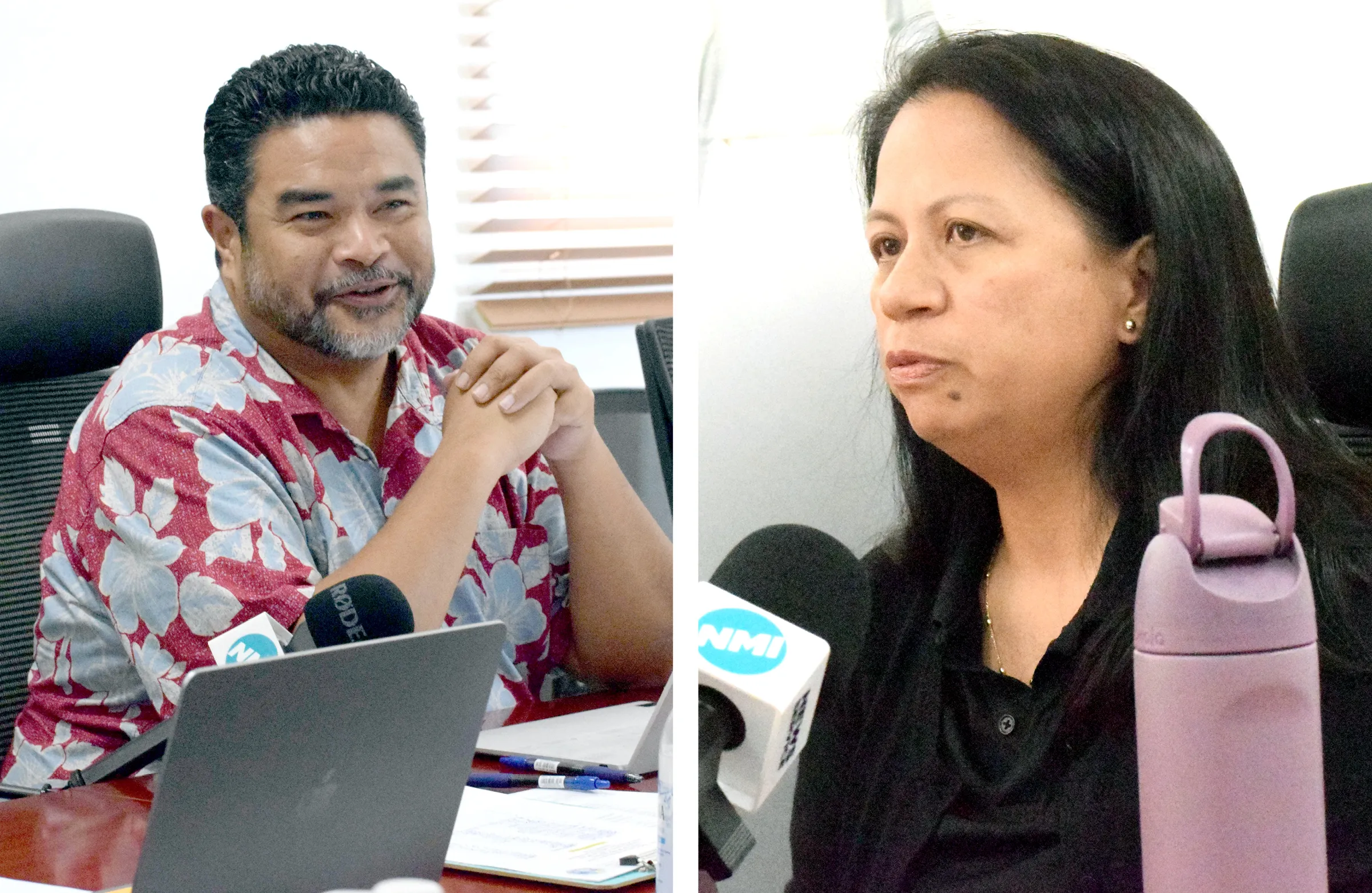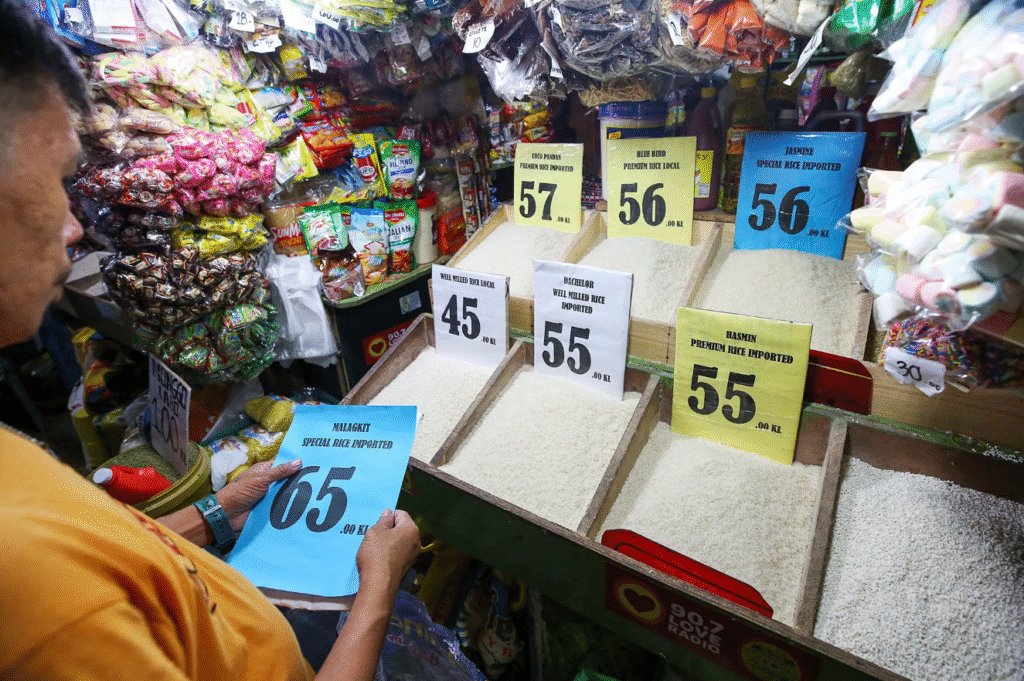
AMONG the ethnic groups in the Marianas, Filipinos, whether as overseas Filipino workers or as Filipino Americans, are among the largest. As a cultural and economic practice, they remit to the Philippines substantial amounts generally as economic assistance to relatives back home. Those remittances are not only critical poverty-alleviating sources for individual families, but on a macroeconomic level, they are integral to keeping the Philippine economy afloat. As sources of external revenues, these are critical in keeping Philippine gross national productivity above water.
Unfortunately, domestic conditions and recent developments in the Philippines dampen the impact of these remittances, and to a certain extent on the familial level, render them a tad futile.
The hunger incidences and the poverty statistics in the Philippines have recently been reported as having worsened dramatically over the past year. By analyzing the main cost items in the basket of goods that founds the Consumer Price Index or CPI and revealing what costs burden Filipinos the most, we can see that food inflation, specifically the prohibitively high price of rice is the principal inflationary factor.
Far from the promise of 20 pesos/kilo ($0.97/2.2 lbs) of rice, while domestic production selling prices are heavily subsidized by the Filipino taxpayer, total supply is substantially augmented by dollar-depleting importations. Thus, rice remains within the 57 pesos/kilo to 60 pesos/kilo range and is the CPI’s highest costing item.
Coming in a close second is the prohibitive cost of fuel used to generate energy. Outside its urban centers the price of a kilowatt of electricity can rise to as much as 300% of its urban counterpart.
Between the two, energy inflation is perpetually omnipresent across every link in our value chain from being a critical cost input upstream to a final consumer product downstream.
Given the large ethnic Filipino population in almost all hemispheres including those in the tinderbox economies in the Middle East and now in Europe from a black swan war that should have been avoidable, the role of life-saving foreign remittances from overseas Filipinos attains significant if not heroic stature.
Such heroism is nothing new. But as 2025 opens the impact of the ethnic overseas Filipino as a function of the domestic economy where they work is now more significant given a radical paradigm shift in the economy of the United States. For one, the U.S. economy is expected to grow as it turns more productive and the inflationary pressures of the last four years subside. For another, a more prosperous American economy leads to a more prosperous global economy.
As for the Middle Eastern and northern European conflict zones, what paradigm shifts remain speculative. While there are slight overtures for peace in the Middle East between Israel and its neighbors, the Ukrainian situation may require some time before even a sliver of hope, peace and economic stability can be introduced.
Still, an American economic renaissance remains as the relatively best bet among economies that host Philippine labor and Fil-Am presence. As to its impact on the Philippines directly induced by a prospectively healthier flow of remittances, it bears analyzing what heroic overseas Filipinos sacrifice for against the factors that cause such terrible levels of food and energy inflation in the Philippines.
Controversial energy issues that raise the price of electricity, specifically involving divestments among the foreign contractors servicing and operating the Malampaya deepwater gas fields in the Philippines are not alien to readers of Marianas Variety.
These pages have hosted critical discourses on the matter. It is for this reason that we will tackle the related Philippine energy inflation and its impact on families back home.
Electricity prices are now over 11.96 pesos per kilowatt/hour in the Meralco (Manila Electric Company) franchise area that covers almost all of Luzon Island. Energy supplied by the Malampaya gas fields is an integral part of the supply in that franchise area. To appreciate the price differentials, on the islands power rates can be as high as 250% of those provided by Meralco. And yet ironically, last June 2024 Meralco rates were only 9.45 pesos per kilowatt/hour.
As a principal driver of headline inflation, aggravated in no small way by a failure to attract foreign direct investments in developing cheaper indigenous fuel sources together with an importation bias, the 26.6% increase from June 2024 to today, arrayed against any movement in real wages and the depletion of disposable incomes simply shows the utter futility of the efforts of overseas Filipinos in alleviating poverty back home.
Set to worsen matters, graft and corruption indictments surrounding the Malampaya sell out of 45% of its Service Contract to a controversial successor initiated in 2019 and completed in 2020 are pending at the Sandiganbayan, the anti-graft court. Another 45% subsequently transferred under the Marcos administration are at risk.
Downstream in the electricity value chain, geopolitically fueled drastic changes in the capital structure of the transmission monopoly characterized by a 60% Filipino and a 40% foreign equity shareholding likewise raises potential caveats on attracting critical employment-creating, inflation controlling foreign direct investments needed by the Philippine energy sector.
If the investment environment is characterized by failures to adhere to laws, when worsened by graft and corruption, not only will poverty-alleviating remittances be for nought, but so will the effective unfairness warp into disincentives for critically needed foreign direct investments, thus driving investors elsewhere.
Dean de la Paz is a veteran business columnist and has written for the Philippine Daily Inquirer, ABS-CBN online and BusinessWorld. He is an investment banker and a professor of Finance, Economics and Mathematics. He is also a former managing director of a New Jersey-based energy company.










